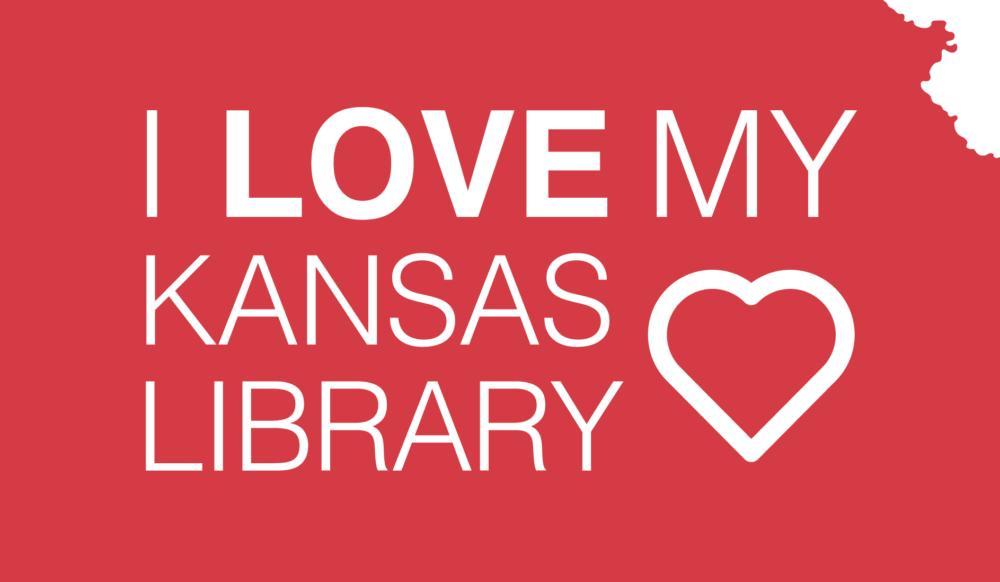
December 5, 2022 – The most popular activities at Kansas libraries are programming and services for children and tweens. Why? Because a public library can set your children up for success in school and in life. Libraries offer rich learning environments that have an impact on your children now and in the future.
Often this learning at a library looks like fun – and it is – but important lessons are being taught. Simply put – literacy skills are extremely valuable. It enables you to participate in our society and economically succeed. Many of us take this for granted because we have such outstanding teachers and resources in our communities.
It is not surprising that parents understand and are grateful for public libraries. According to the Pew Charitable Trust “eight in ten (79%) parents say libraries are ‘very important’ and an additional 15% of parents say that public libraries are ‘somewhat important’ for their children.”
Public libraries provide children with educational opportunities that include:
- early childhood literacy skills
- prepare your child for school
- instill a love and excitement for reading that lasts a lifetime
- provide a safe place for children
- create a space for them to participate in a community
- summer reading programs
- materials for homeschoolers and independent learners
- introduce them to educational digital content
- provide materials for research and school assignments
- teach personal responsibility – appropriate behavior in a public space and sharing
- create educational playtime
Libraries are a child development hub for pre-K and school-aged children. No wonder families are using public libraries so much.
This week we are going to dig deeper into why libraries are key to educational development. Additionally, we will look at resources parents will want to utilize to help their children meet their full potential and set them on the right track.
